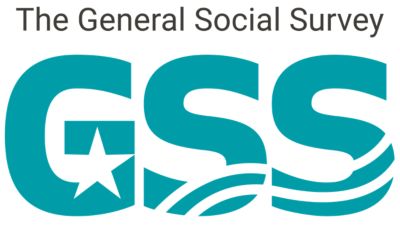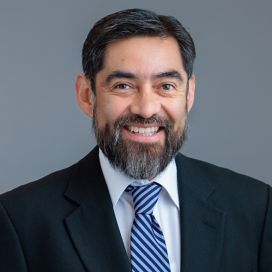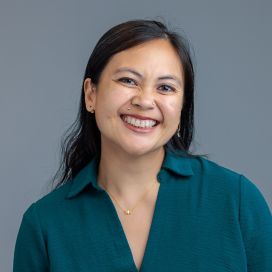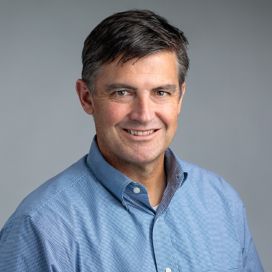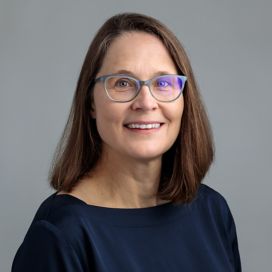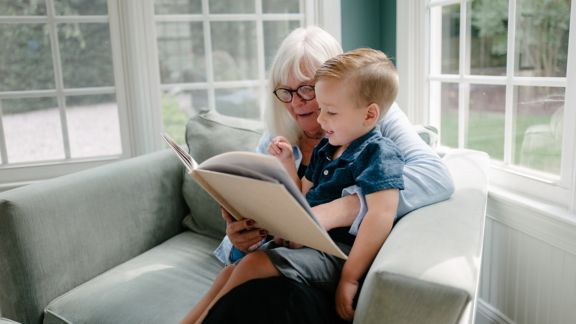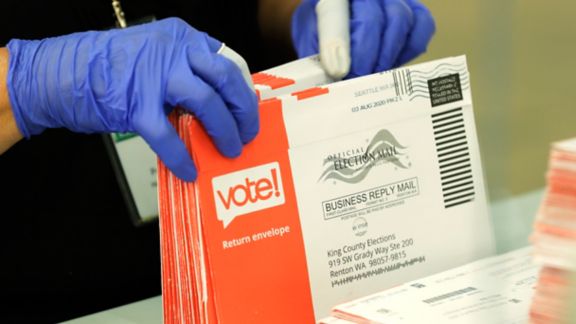The General Social Survey

Problem
There was no high quality, accessible data set documenting societal change in America.
Before the 1970s, the outcomes of public opinion research were not widely distributed or accessible to the research community. There was no major vehicle to collect high-quality data that could be made available to all researchers, academics, and decision-makers. This created an opportunity for forward-thinking researchers to create a broad, large-scale survey to measure general attitudes and opinions of the public and make the results available to all interested.
Solution
NORC launched the General Social Survey (GSS)—our longest-running, most respected project.
In 1972, NORC received a grant from the National Science Foundation (NSF) to build equity and accessibility within social science research. James A. Davis at the University of Chicago and thought leaders at NORC aimed to create a high-quality, unbiased, and easily accessible public opinion survey that cataloged America’s thoughts, feelings, and opinions over time. That instrument, the General Social Survey, is now among NORC’s signature projects. Over five decades, the GSS has compiled data from thousands of Americans about their evolving characteristics and attitudes.
Previously administered every year and now more recently conducted every two years, NORC interviews a representative sample of Americans about a range of topics. The questions address belief in God, confidence in government institutions, race relations, abortion, spending patterns, gun rights, social isolation—even pet ownership. The GSS has become indispensable to scholars, policymakers, journalists, and educators interested in spotting societal trends or parsing different facets of American life.
The GSS has taken several steps to expand its impact on social science research. In 2015, NORC took a bold step to share its data more widely, launching the GSS Data Explorer, an online tool that allows anyone to search the database with keywords and 6,000 other variables. The Data Explorer was relaunched in 2021 with even more features. Starting in 2022, the addition of a web mode of data collection allowed the GSS to expand its reach to households and facilitate new methods of collection for the project. The web collection is structured in such a way to allow for a bridge to multi-mode collection. The GSS also encourages cross-country comparisons by participating in the International Social Science Programme (ISSP). By including specific question modules in each round of data collection, researchers can compare responses from the United States to respondents in other countries. In addition to the GSS, NORC and the GSS partner with other sponsors to conduct auxiliary data collections. This includes a partnership with the NSF-sponsored American National Election Study (ANES) to create a panel of participants that completed interviews for both the GSS and ANES. The GSS has also been the foundational study to launch studies such as the National Organizations Study and the National Congregations Study.
Result
Americans understand themselves better with an unbiased, 50-year record of their attitudes and beliefs.
The GSS has served as a wellspring of academic research and countless articles in general-interest publications such as The New York Times, The National Review, Vogue, and The Wall Street Journal. GSS data have been the basis for more than 25,000 scholarly publications, books, and PhD dissertations. Each year, more than 400,000 students study classroom lessons derived from GSS results.
Project Leads
-
René Bautista
Associate DirectorPrincipal Investigator -
Jodie Smylie
Senior Research DirectorProject Director -
Michael Davern
Executive Vice President & Chief Research OfficerPrincipal Investigator -
Susan Paddock
Executive Vice President & Chief ScientistSenior Staff -
Ned English
Associate DirectorSenior Staff -
Colm O’Muircheartaigh
Senior FellowSenior Staff
Data & Findings
Reports
Publications
-
opens in new tab"Age Differences in Mental Health from May through August 2020 among U.S. Adults: Trajectories and the Role of Pandemic, Lifestyle, and Social Factors."
Journal Article | June 30, 2022
-
opens in new tab"Tracking U.S. Social Change over a Half-Century: The General Social Survey at Fifty."
Journal Article | July 22, 2020
-
opens in new tab"Optimizing Questionnaire Design in Cross‐National and Cross‐Cultural Surveys."
Book | April 20, 2020
-
opens in new tab"Tracking Question-Wording Experiments across Time in the General Social Survey, 1984-2014."
Book | October 17, 2019



